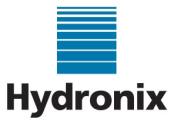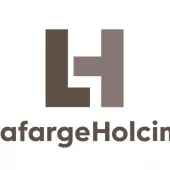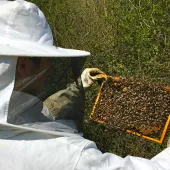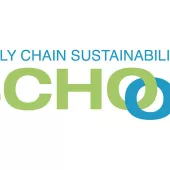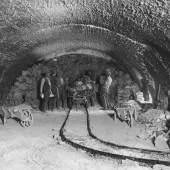Lafarge Tarmac commit to sustainability in Northern Ireland
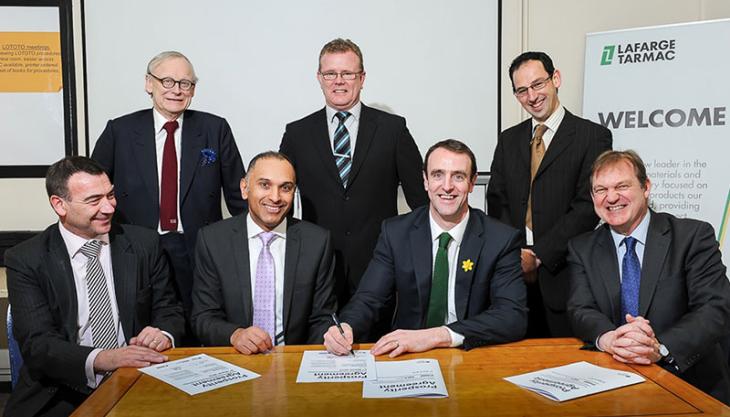
Company secures sustainable future at Cookstown plant with signing of ‘prosperity agreement’
ENVIRONMENT Minister Mark Durkan and Devendra Mody, industrial director of Lafarge Tarmac, have signed an agreement allowing the innovative use of waste-derived fuels to secure jobs, prosperity and better environmental outcomes in Cookstown, Co. Tyrone.
Lafarge Tarmac’s cement operation in Cookstown, which employs 86 people, currently uses coal for approximately 95% of its fuel source. But with long-term burning of coal being unsustainable in terms of its climate change impacts, as well as becoming increasingly commercially unviable, the ‘prosperity agreement’ will see Lafarge Tarmac substitute up to 35% of their coal fuel usage with waste-derived fuels and replace non-renewable raw materials in accordance with a code of practice developed by the Mineral Products Association (MPA).
This is of particular interest in Northern Ireland as waste tyres can be used as an alternative source of energy. Cement kilns are particularly well suited to the use of waste tyres as the high temperature and long processing time provides an ideal environment to ensure no harmful by-products are created during the combustion process.
Mr Durkan said: ‘The agreement will turn environment issues from barriers to business into economic growth opportunities. The deal is that the Northern Ireland Environment Agency (NIEA) firmly regulates and reduces red tape. In turn, partner companies invest heavily in the environment.
‘Lafarge Tarmac are committing significant investment in the environment. In addition to the many environmental benefits, they will reduce their carbon emissions from production by a minimum of 10%, equivalent to taking 6,500 cars off the road, and will look at ways to reduce emissions from their transportation chain.
‘The business has also committed to improving public access to rare geological features found in the Ballysudden ASSI, located at Cookstown Quarry, and will work with key stakeholders to develop a renewable energy strategy and examine options for reducing packaging.’
Commenting on the significance of the agreement, Mr Mody said: ‘The prosperity agreement signifies a step-change in the way that our business interacts with NIEA. NIEA is the first UK regulator to facilitate the implementation of the MPA Code of Practice, enabling our Cookstown operation to increase its fossil fuel substitution rates without the associated bureaucracy.
‘As a result, our energy costs will reduce and we can commit to significantly lowering our carbon emissions. To be sustainable, we need to be profitable and this innovative new approach will help ensure the economic prosperity and the future of the Cookstown site.’


